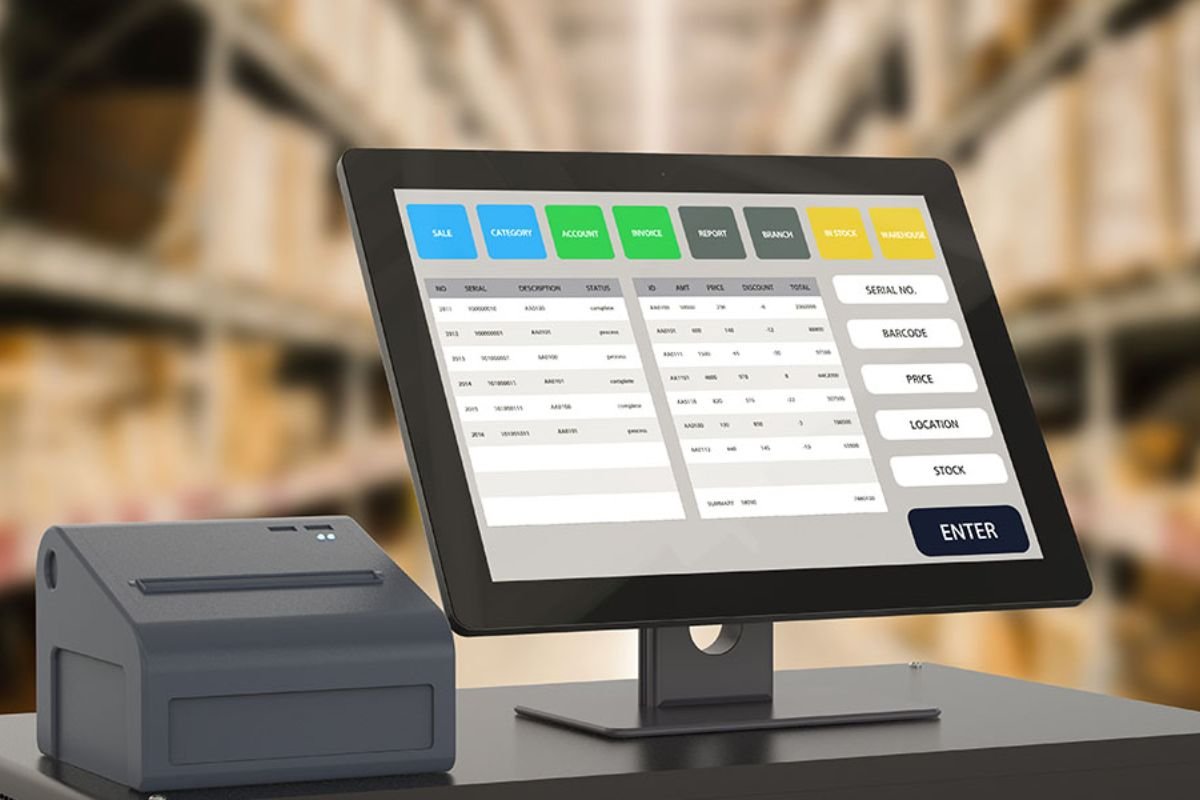In today’s fast-moving business environment, efficiency and timing are key to success. Companies are constantly exploring technologies to streamline processes and boost productivity. GPS tracking for fleet management stands out as a transformative solution, particularly in managing vehicle fleets. This technology revolutionizes operational control and insight, driving significant benefits in route optimization as well as resource saving, and ensures safety for both vehicles and drivers.
GPS tracking has become an indispensable tool for businesses looking to optimize their operations and gain a competitive edge. By providing real-time data on vehicle locations, routes and driver behavior, GPS tracking enables companies to make informed decisions that lead to improved efficiency, reduced costs and enhanced customer service. Whether it’s a small delivery business or a large logistics company, GPS tracking offers a wealth of benefits that can help streamline processes and drive success.
Competitive Edge with GPS Fleet Management
Consider the advantages for a delivery service that can monitor its fleet in real-time. This is where GPS tracking for fleet management comes into play, as it allows for precise tracking of vehicle locations, speeds and estimated arrival times. The result is rapid decision-making, enhanced customer service and a marked advantage over competitors. Additionally, GPS tracking includes geofencing, a feature that notifies the company when vehicles enter or leave a predetermined area, thus improving delivery management and compliance with intended routes.

In addition to real-time tracking, GPS fleet management systems offer a range of features that help businesses stay ahead of the competition. For example, route optimization tools can help delivery services find the most efficient routes, taking into account factors such as traffic, weather conditions and road closures. This not only saves time and fuel, but also ensures that deliveries are made on schedule, thus improving customer satisfaction and loyalty.
Other valuable features include automated reporting and analytics, which provide topical insights into fleet performance. By analyzing data on vehicle usage, idle time and driver behavior, businesses can identify areas that could do with improvement and make data-driven decisions to optimize their operations. This level of visibility and control gives companies a significant competitive advantage, enabling them to respond quickly to changing market conditions and customer demands.
Optimizing Operations Through GPS Tracking Data

GPS tracking systems provide more than just location services; they deliver critical data for operational refinement. Speed monitoring can lead to safer driving and significant reductions in fuel and maintenance costs. Trend analysis aids in identifying optimization opportunities, such as rerouting to avoid congestion, or preemptive vehicle servicing to avoid larger issues. This forward-thinking management approach lowers operational expenses while boosting vehicle performance and productivity.
As companies pursue technologies for a competitive advantage, GPS tracking emerges as a pivotal tool. It not only enhances delivery punctuality and operational cost savings, but also elevates safety standards. With GPS technology, businesses don’t just keep up with market demands, rather, they lead the way in setting new benchmarks for efficiency and reliability.





